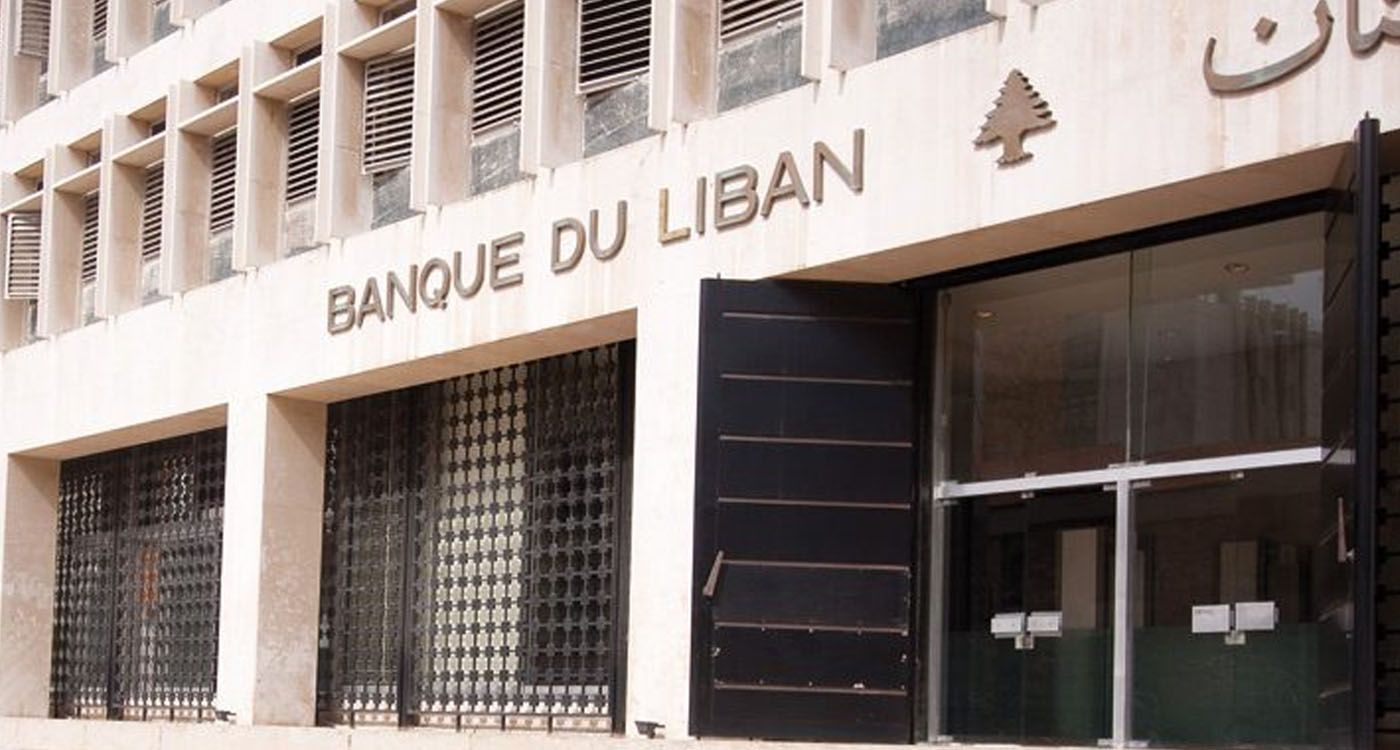
Lebanon is at a critical juncture in its economic crisis, with a Cabinet meeting scheduled for Tuesday afternoon, chaired by caretaker Prime Minister Najib Mikati, who plans to address several issues, notably a sensitive bill concerning the restructuring of banks.
Quietly added to the agenda last Friday, this highly controversial draft has sparked an outcry across political, economic and public spheres, as it falls far short of being a true reform.
A protest rally is set to take place at 2 PM in Riad el-Solh Square, while the government is scheduled to hold its meeting at 4 PM at the Grand Serail. The bill, inherited from the government of Hassan Diab and containing very few amendments, remains unconstitutional, as it includes provisions that would, among other things, effectively eliminate deposits made before the financial crisis.
Within Parliament, many lawmakers are opposed to this reform, which they argue is not truly a reform. On Tuesday, MP Razi el-Hage, a member of the Strong Republic bloc (Lebanese Forces – FL), stated that the bill in question “undermines the rights of citizens and depositors.”
In a statement, Hage condemned a “mafia-like regime” that drafted the bill in an attempt to cancel bank deposits and avoid its own responsibilities in the financial and economic crisis. “The scandalous part is that the Lebanese Central Bank (BDL) did not participate in preparing or reviewing the bill, which, in itself, is outrageous,” he exclaimed.
Addressing depositors, the FL MP attempted to reassure them by stating that “every individual responsible in this matter will be held accountable. The issue will only be resolved after the return of trust and an economic revival.”



Comments